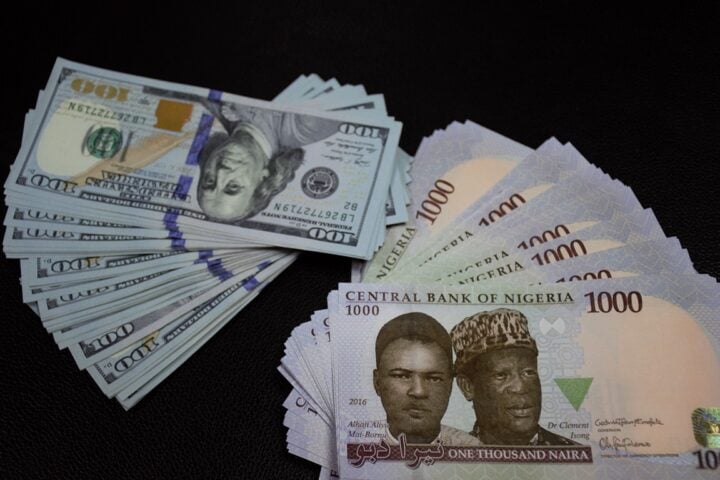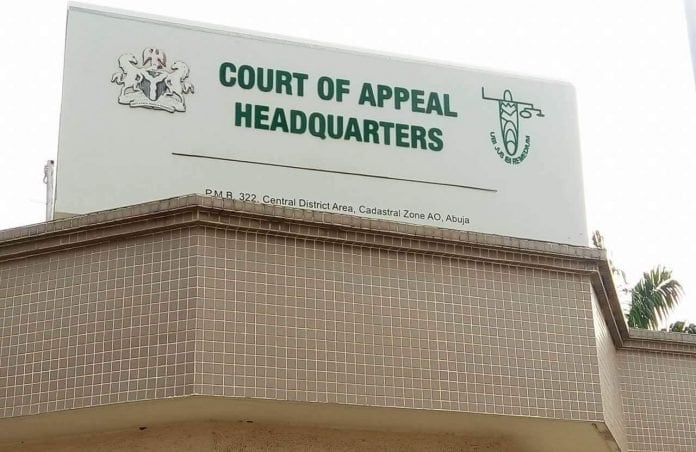The Nigerian naira, on Wednesday, weakened to N740 per dollar at the parallel section of the foreign exchange (FX) market.
The figure represents a depreciation of N3 or 0.4 percent compared to the N737 it traded two weeks ago.
Bureaux De Change (BDC) operators, popularly known as ‘abokis’, who spoke to TheCable in Alade Market, Ikeja, Lagos, quoted the buying rate of the greenback at N732 and the selling price at N740 per dollar, leaving a N8 profit margin.
Musa, a BDC operator in the Victoria Island area of Lagos, said that buying and selling prices stood at N733/$ and N740/$, respectively.
Advertisement
He said there was still low demand for the greenback in the street market.
“Currently, people are hardly buying dollars in the market,” Musa told TheCable.
At the investors and exporters (I&E) forex window, the local currency appreciated by 0.05 percent to close at N463.44 on Tuesday, according to details on FMDQ OTC Securities Exchange — a platform where FX is officially traded.
Advertisement
The data also showed that forex worth $62.69 million were transacted among market dealers.
Currently, Nigeria operates two foreign exchange (FX) markets: one is the official central bank rate, while the other is the parallel/street market rate.
Although the parallel segment is more accessible to traders and businesses who need FX, the Central Bank of Nigeria (CBN) has consistently maintained that it represents less than one percent of forex transactions and should never be used to determine the exchange rate.
Recently, the World Bank advised the Nigerian government to restore macroeconomic stability by intensifying efforts towards exchange rate unification as well as reducing inflation.
Advertisement
“The authorities can strengthen the economy by restoring macroeconomic stability through reforms to (i) increase oil and non-oil revenues, (ii) tighten monetary policies to reduce inflation, and (iii) unify the multiple FX windows and adopt a single, market- responsive exchange rate,” the Bretton Woods institution had said.
Add a comment






